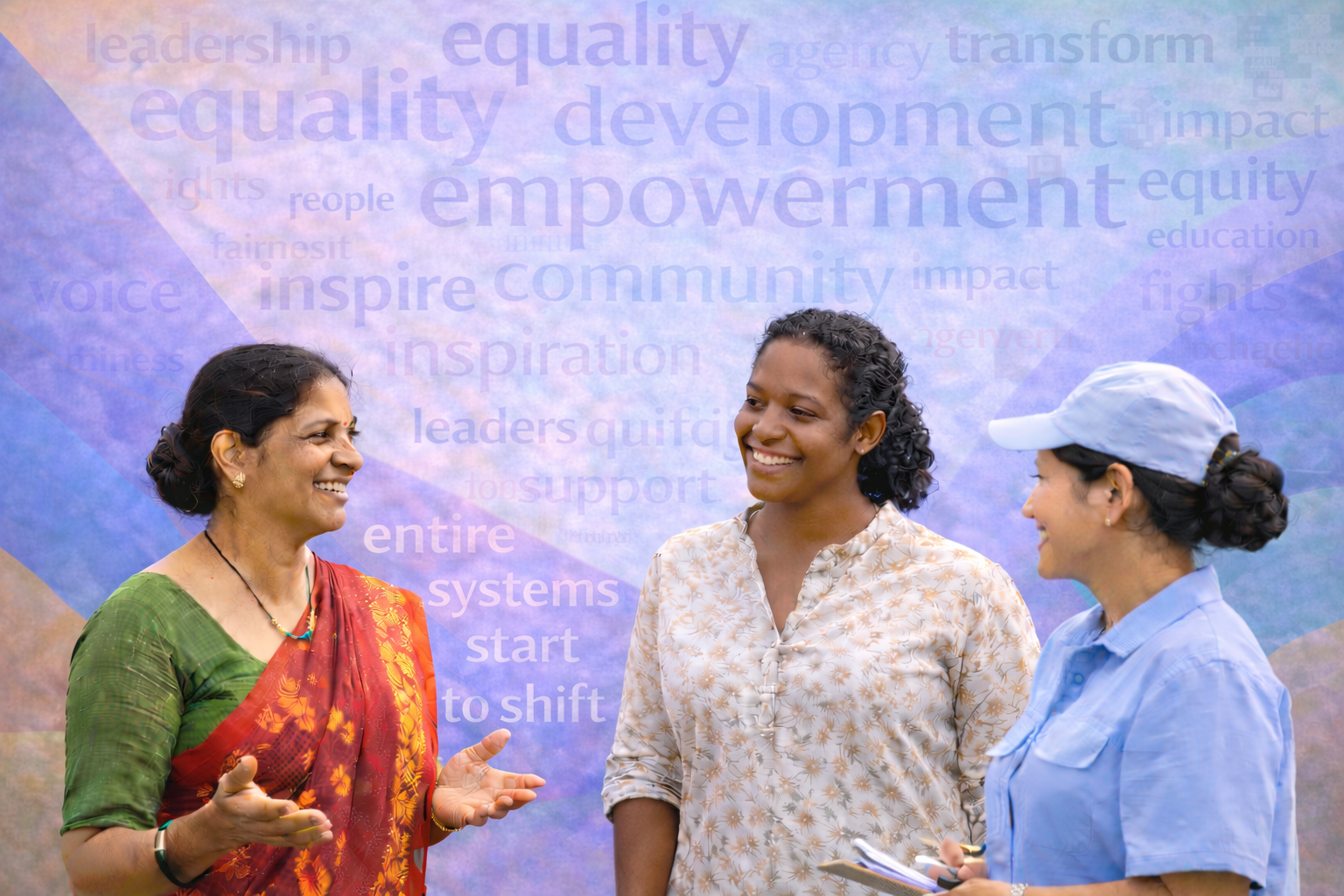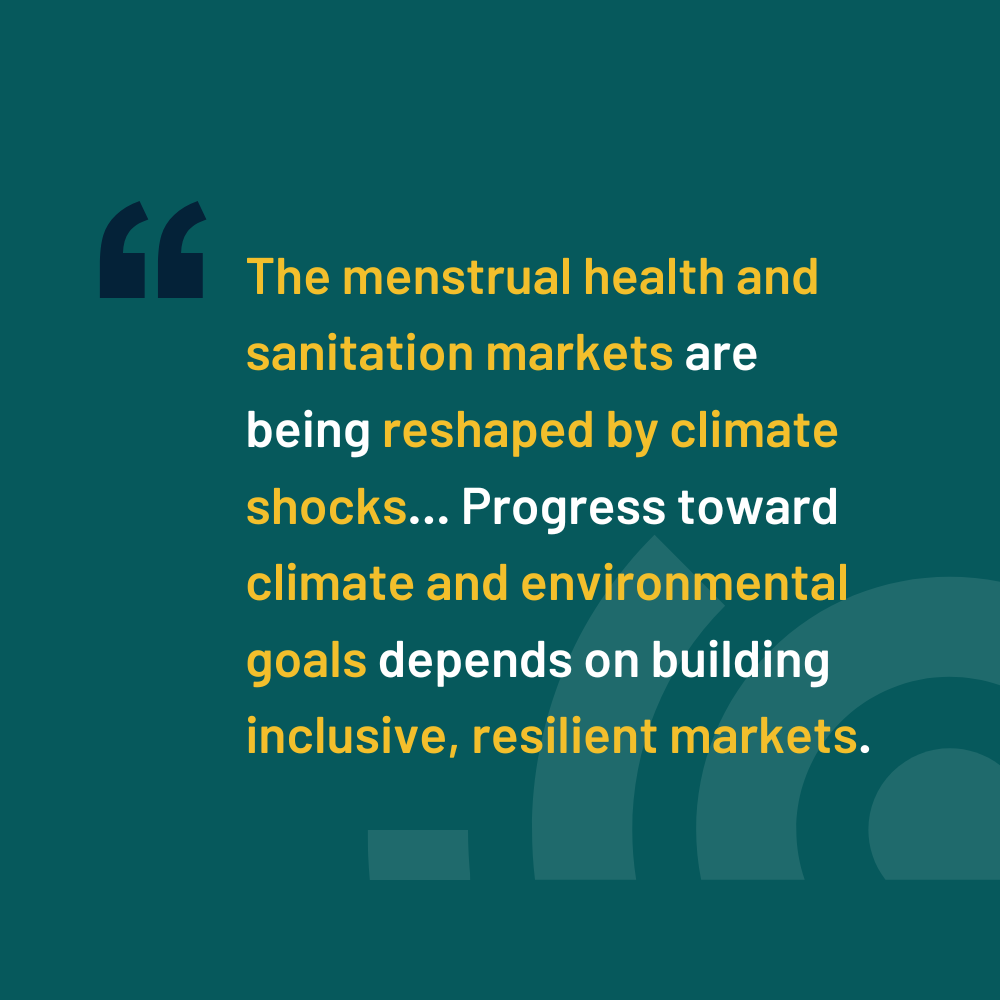
SHF and DBN Lead the Charge for Local Currency Financing in Nigeria’s Sanitation and Hygiene Sector

In a first-of-its-kind collaboration, the UN’s Sanitation and Hygiene Fund (SHF) and the Development Bank of Nigeria (DBN) will support Next Generation Sanitation in Nigeria through catalyzing local currency financing and leveraging partnerships for scalable financial solutions. This initiative sets a pathway to accelerate impact for sanitation and hygiene in Nigeria, and sets an example for other National Development Banks in the region.
Today, 1 in 3 Nigerians still lack access to improved sanitation. With estimates commissioned by SHF indicating a potential value of almost USD 12.5 billion for the sanitation economy in Nigeria by 2030, the sanitation economy presents a unique opportunity to move the needle on SDG Target 6.2 in the country.
Through an innovative partnership with the Sanitation and Hygiene Fund (SHF), the Development Bank of Nigeria (DBN) will support sanitation and hygiene market development in Nigeria through targeted capacity building to catalyze local currency financing and leveraging partnerships for scalable financial solutions.
Local currency finance is essential for economic growth and stability, particularly in emerging markets. By reducing reliance on foreign currency debt, it mitigates exchange rate risks that often cause financial volatility. It also enables businesses, especially micro, small and medium enterprises (MSMEs) to expand operations, invest in infrastructure, and create jobs without the burden of currency fluctuations. It also strengthens domestic financial markets by encouraging savings and investment.
In the sanitation economy, local currency finance can help businesses scale up solutions for safely managed sanitation, waste management, and hygiene infrastructure, improving public health while creating economic opportunities and contributing to sustainability. A strong local financial system fosters economic resilience, enhances financial inclusion, and drives national prosperity.
“Nigeria has demonstrated tremendous political leadership to elevate sanitation, hygiene and menstrual health to the top of the national and regional agenda,” says Dominic O’Neill, Executive Director, SHF. “We are pleased to work with the Development Bank of Nigeria to transform this vision into catalyzing the provision of local currency financing solutions for sanitation and hygiene by and for financial institutions and enterprises to create jobs, scale businesses and support economic growth.”
The partnership between DBN and SHF will build on local government efforts to improve sanitation and hygiene services while leveraging DBN’s existing infrastructure and networks. Initially, the collaboration will focus on Lagos and Bauchi states as a pathway for scaling, implementing targeted capacity building to unlock local currency financing.
During its first phase, the initiative will provide technical assistance and training to DBN’s partner financial institutions, especially small lenders like microfinance institutions. In parallel, it will seek to improve the bankability of micro and small enterprises in the sanitation and hygiene sector through tailored business model support and technical assistance as well as support for consumer credit scheme solutions.
“This groundbreaking initiative will leverage our nationwide Microfinance Institutions network and on-lending channels to drive transformative change in Lagos and Bauchi states, with a clear path to scaling nationwide," says Dr. Tony Okpanachi, MD/CEO of the Development Bank of Nigeria Plc (DBN).
This partnership is part of a broader effort to develop Next Generation Sanitation in Nigeria. SHF is indeed also working with the Ministry of Water Resources and WaterAid Nigeria to address key market challenges and engage the private sector to deliver solutions and improve access to sustainable sanitation and hygiene services in Bauchi, Tafawa Balewa, Misau, and Jama'are Local Government Areas (LGAs) of Bauchi State as part of cholera prevention and control efforts.



